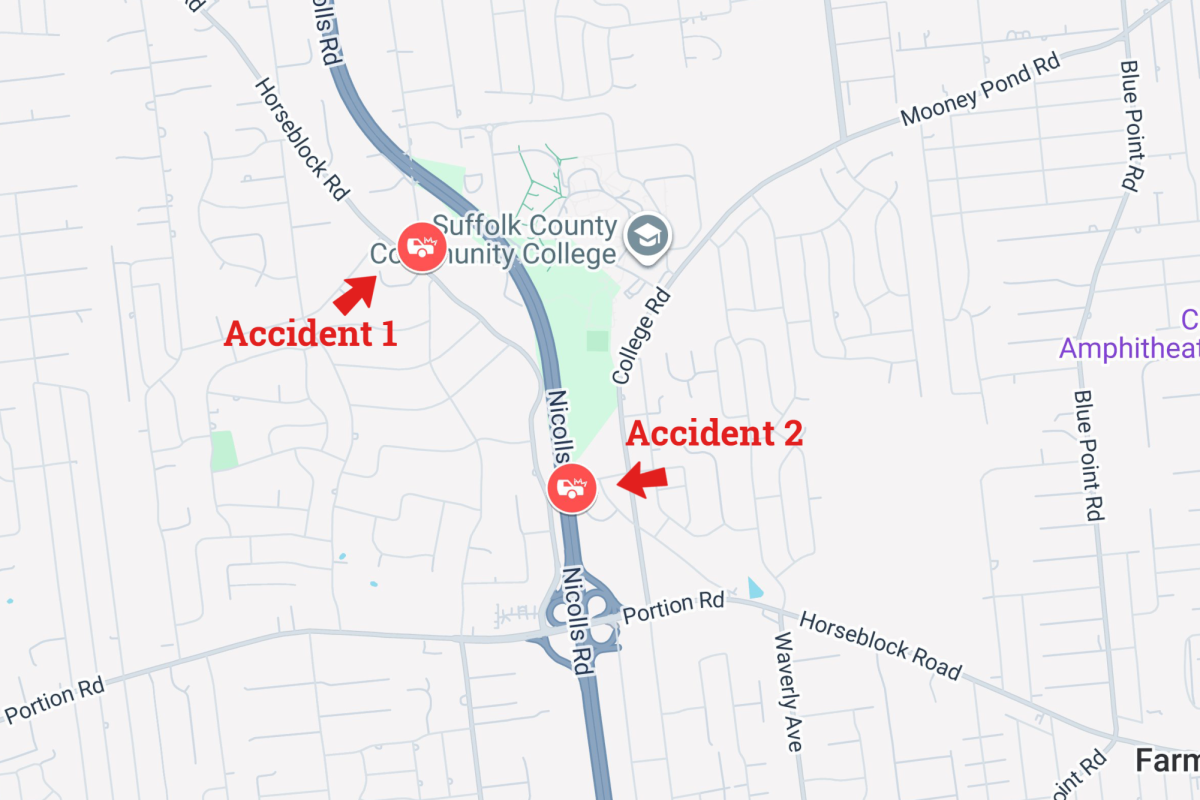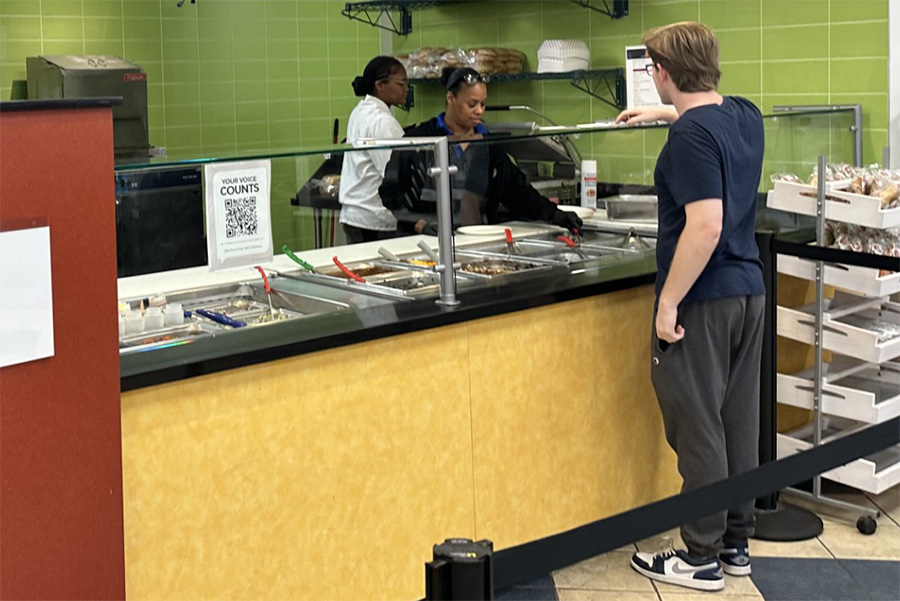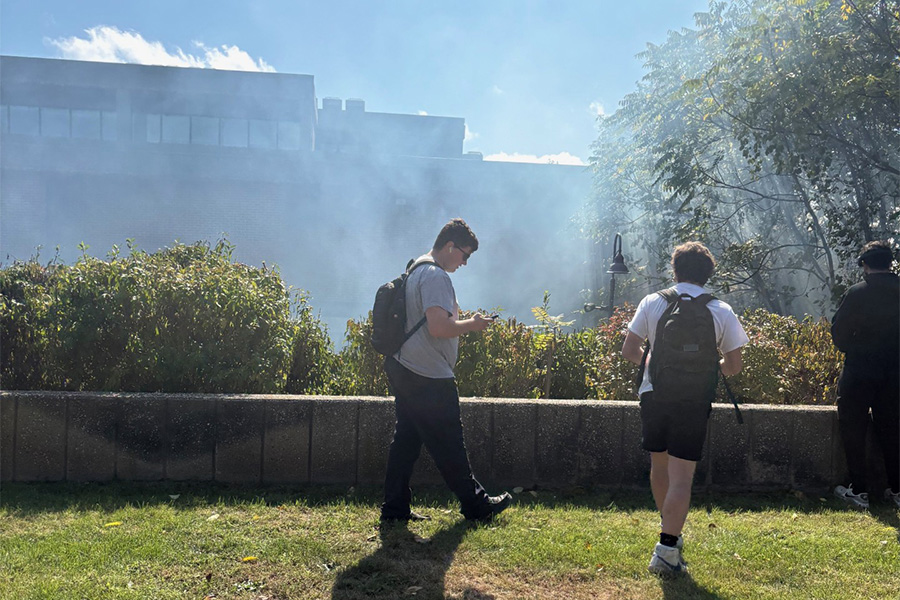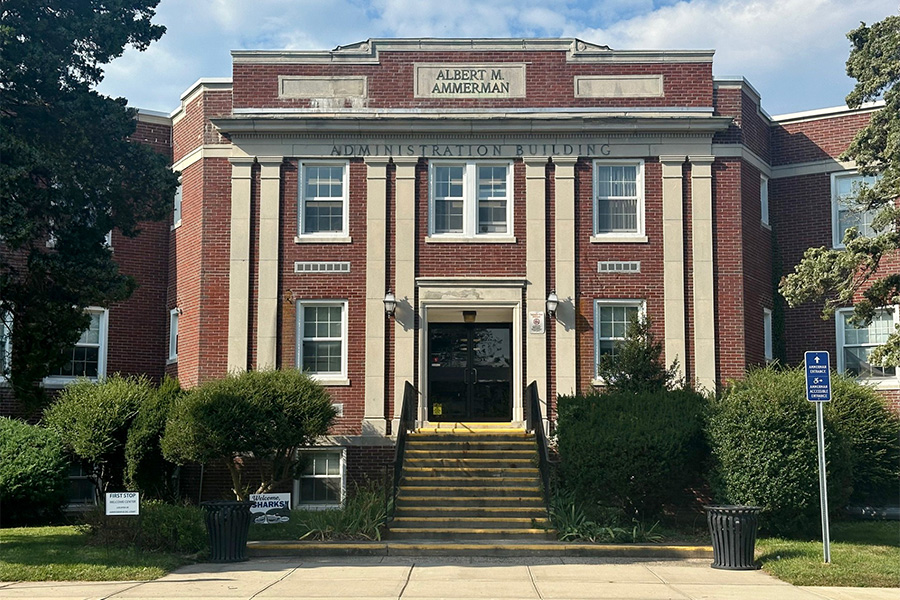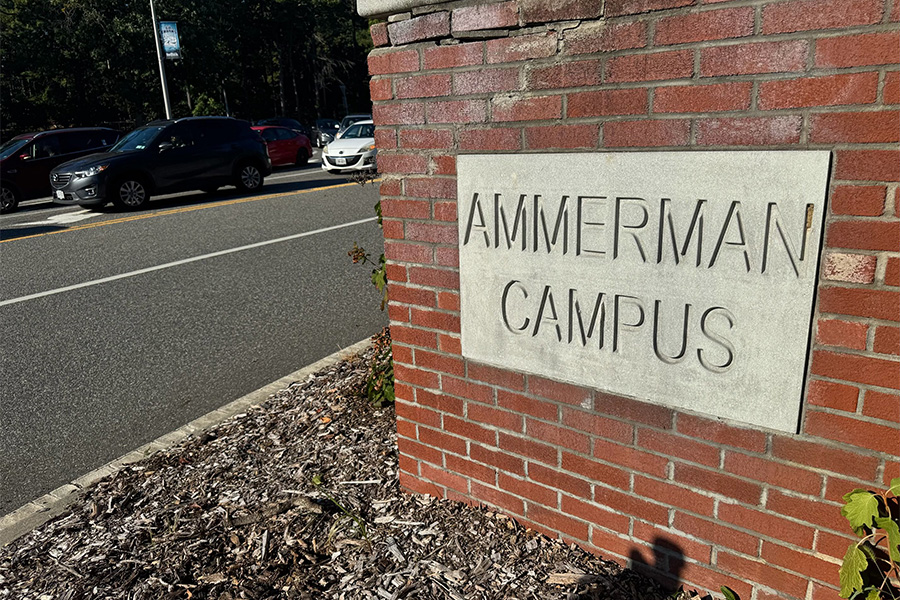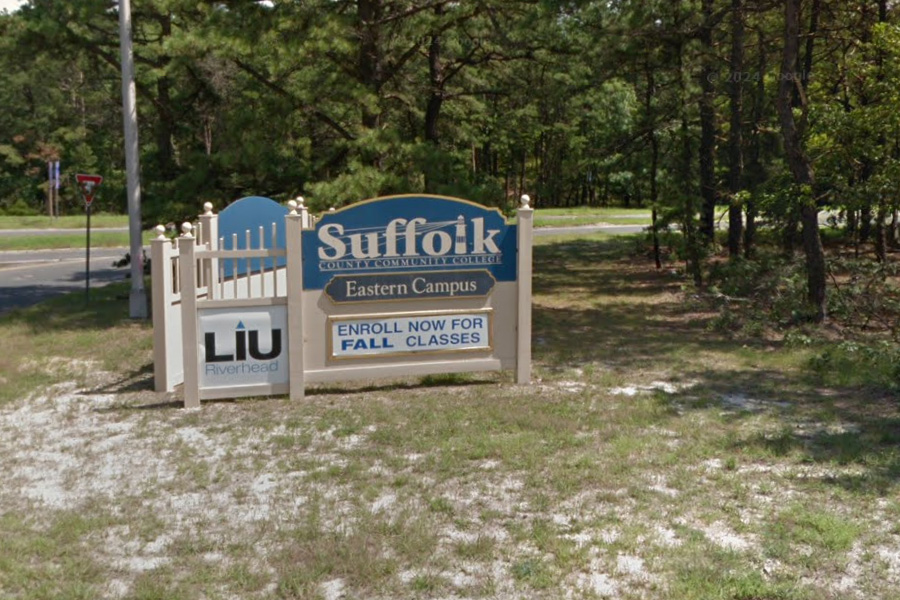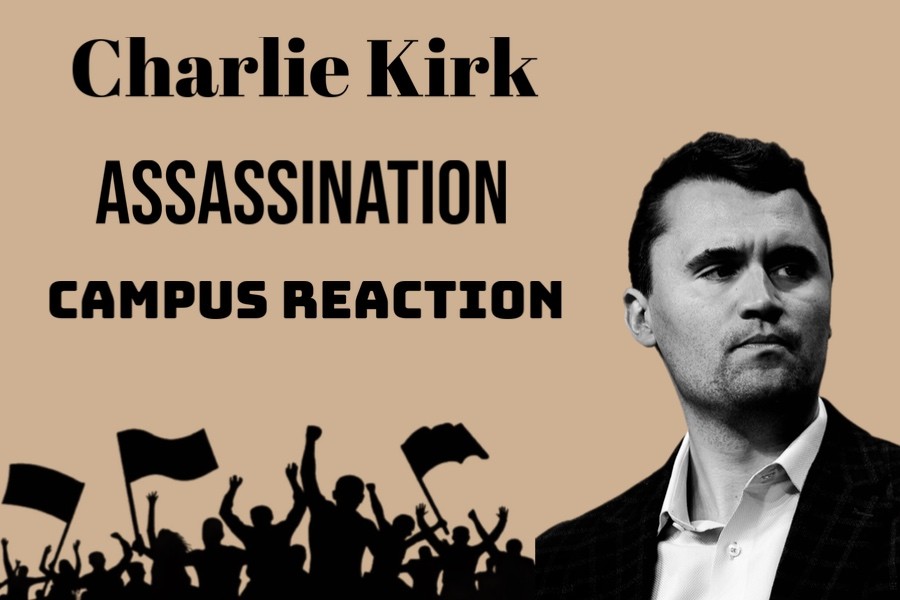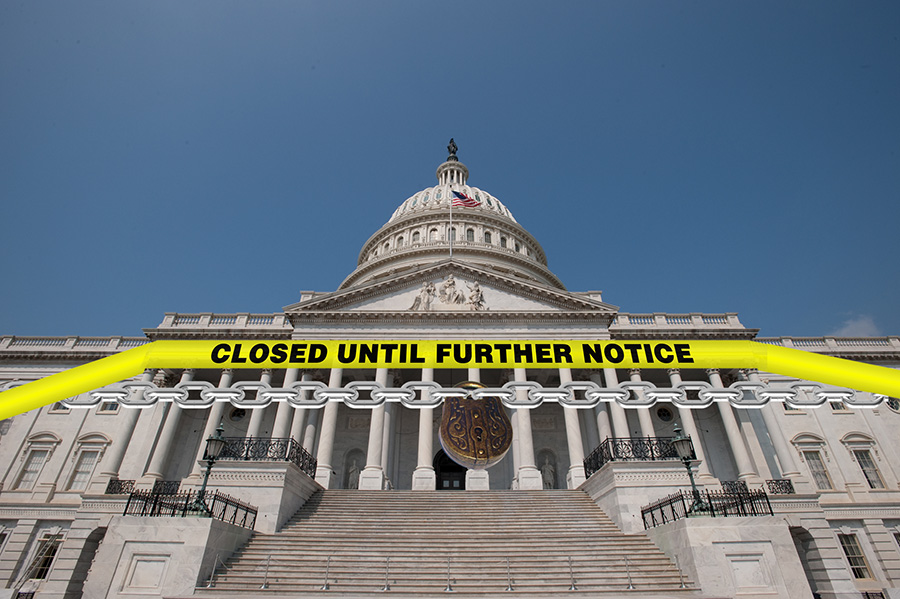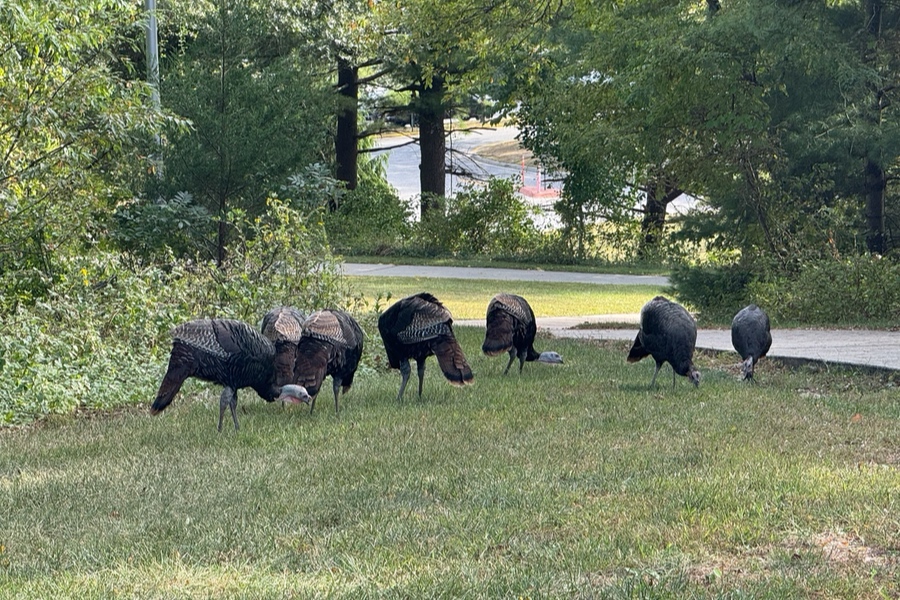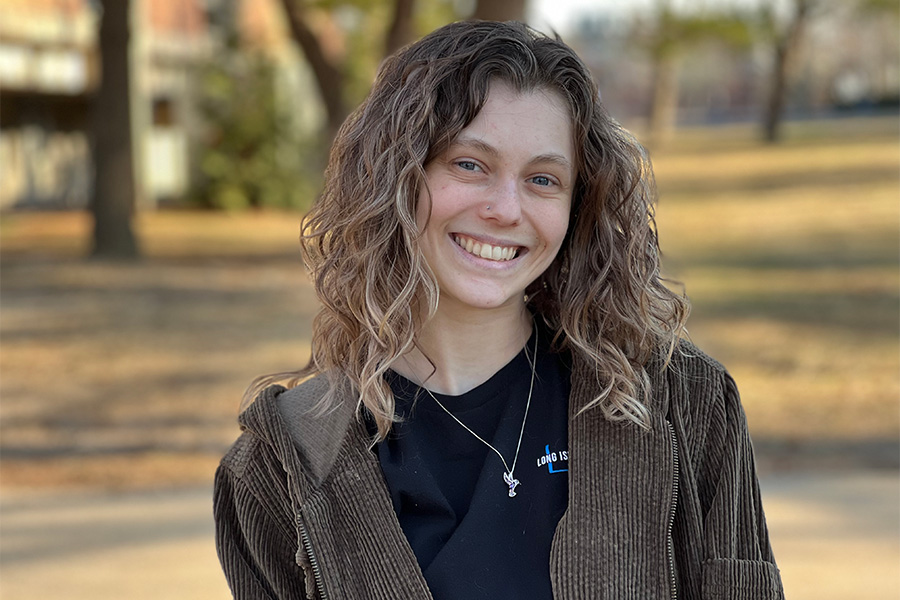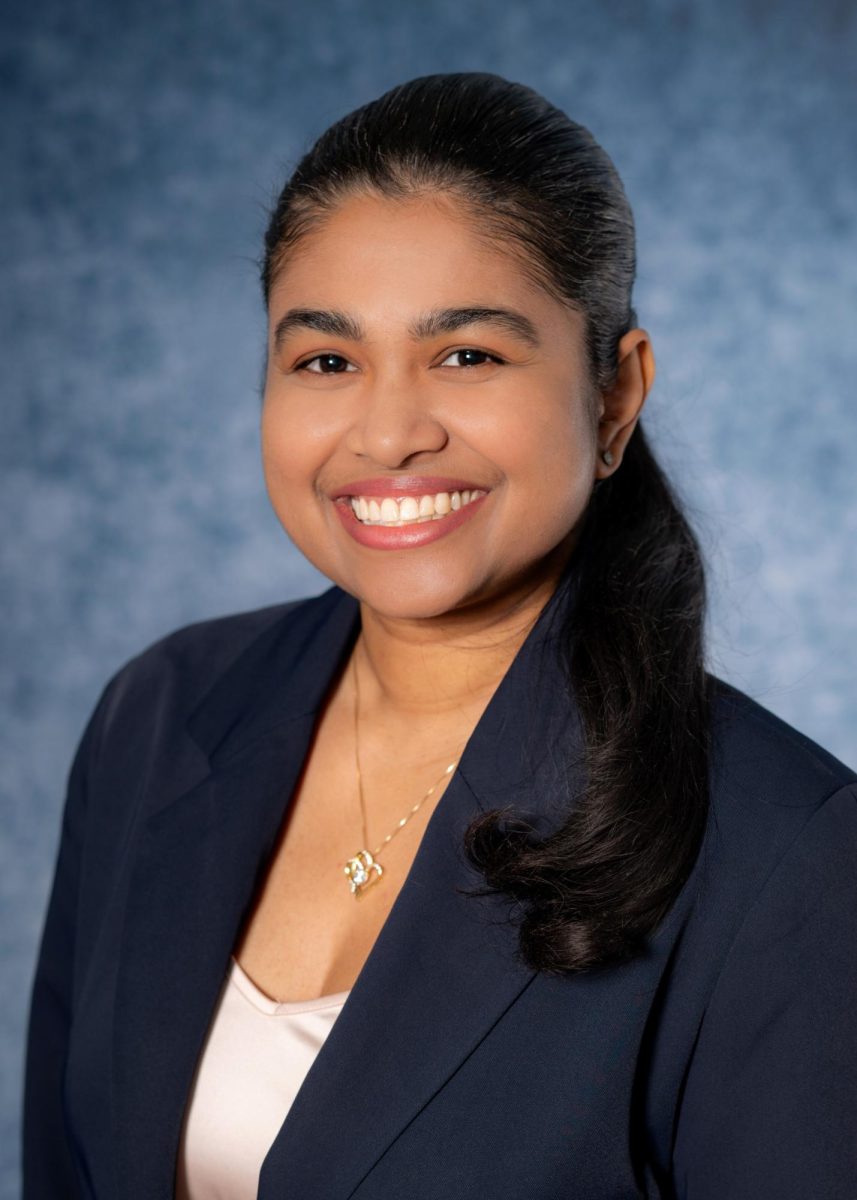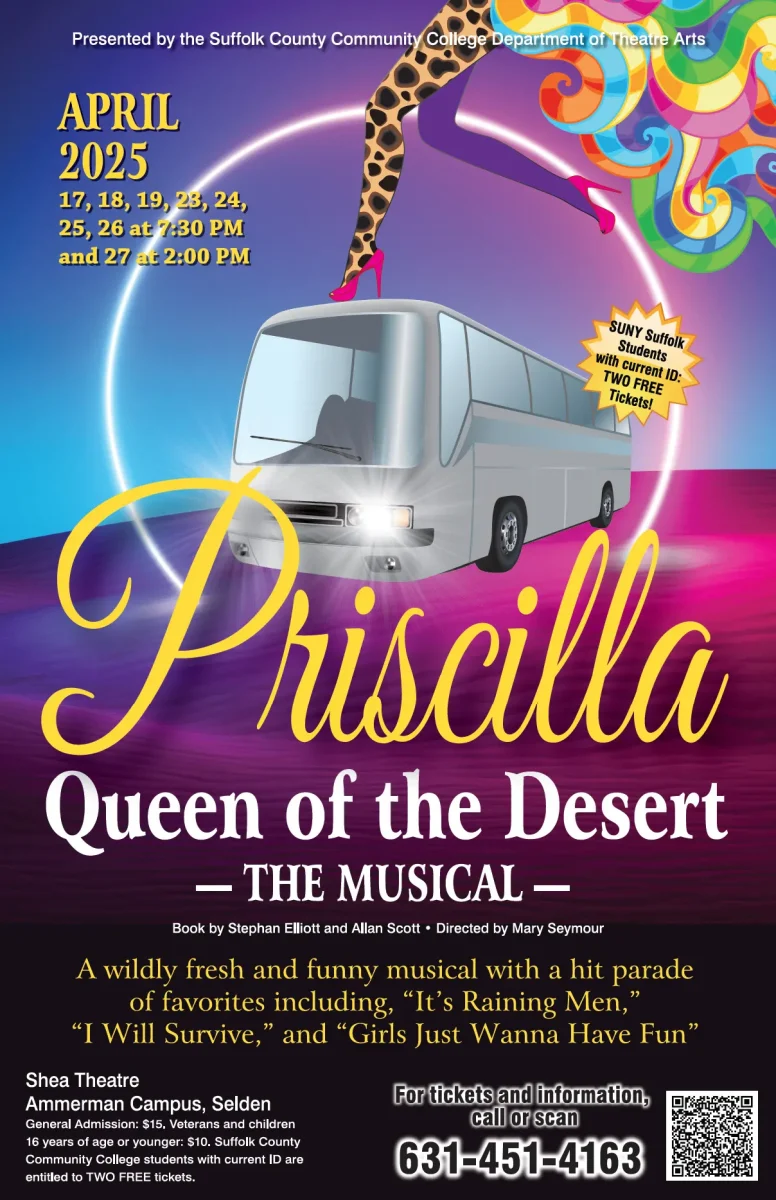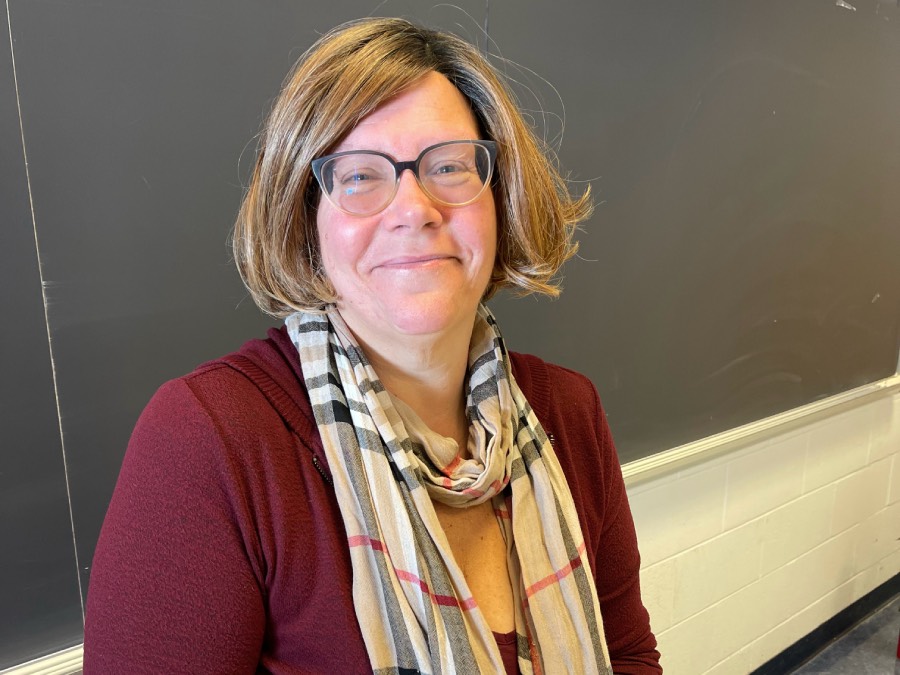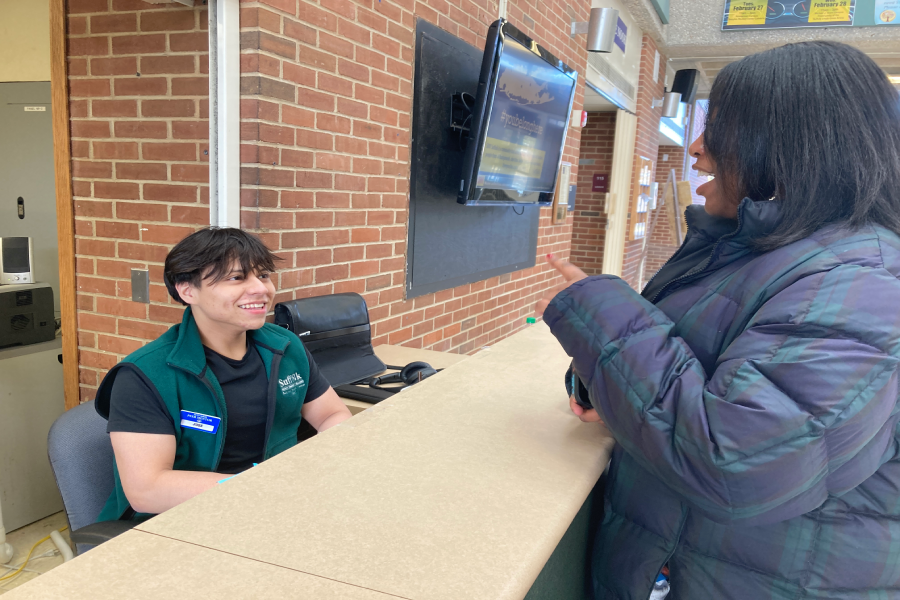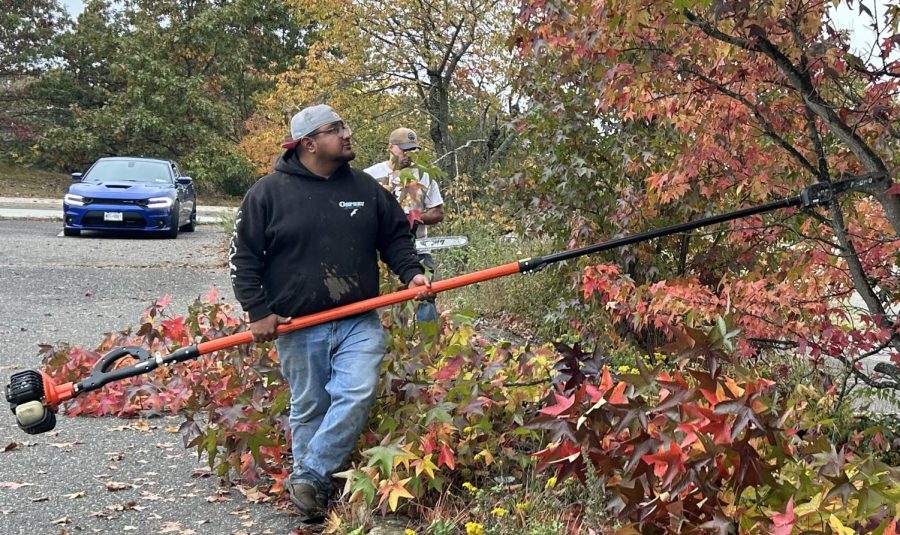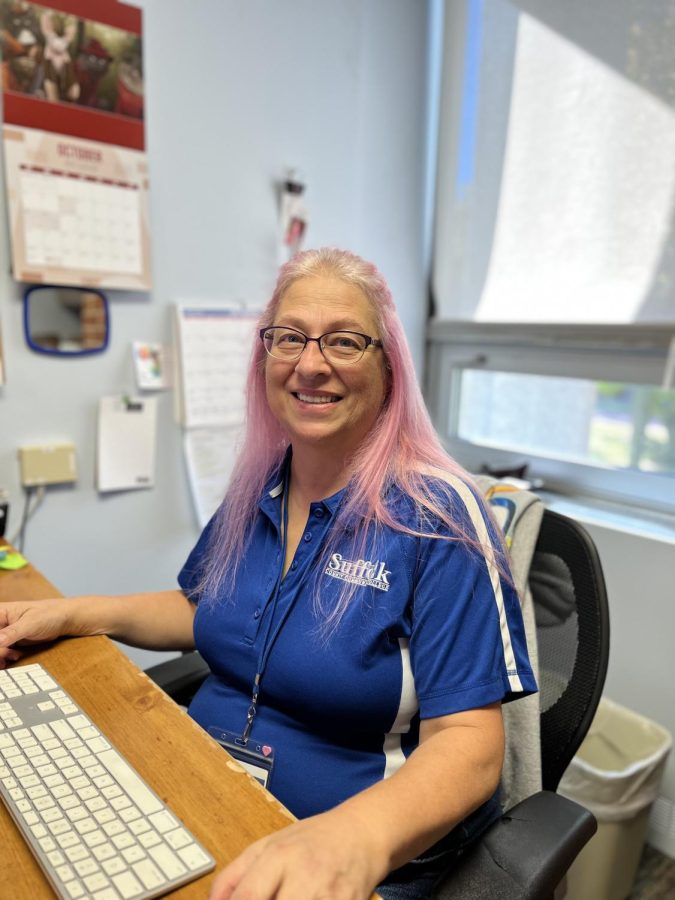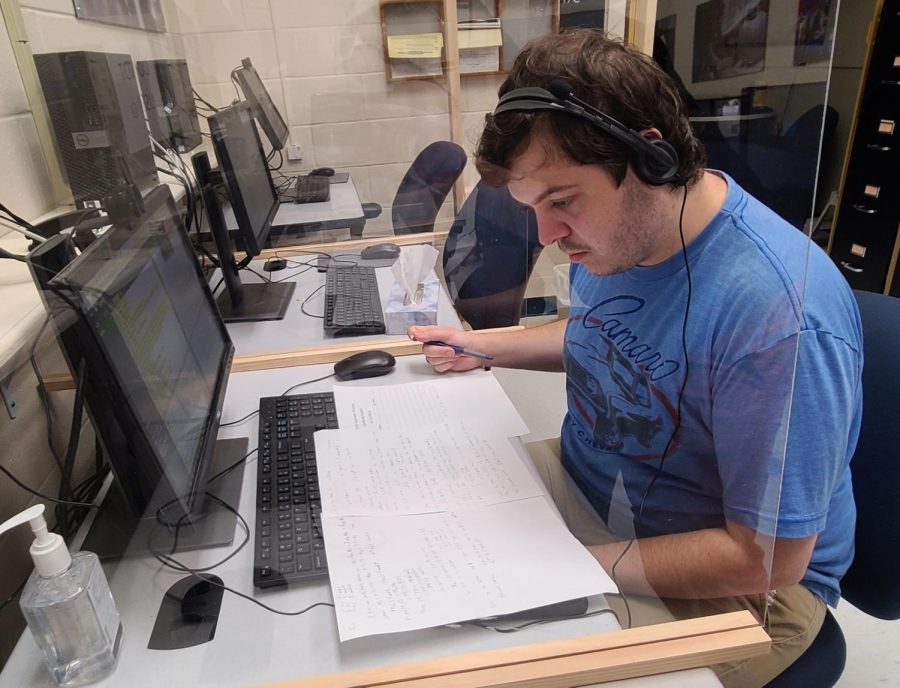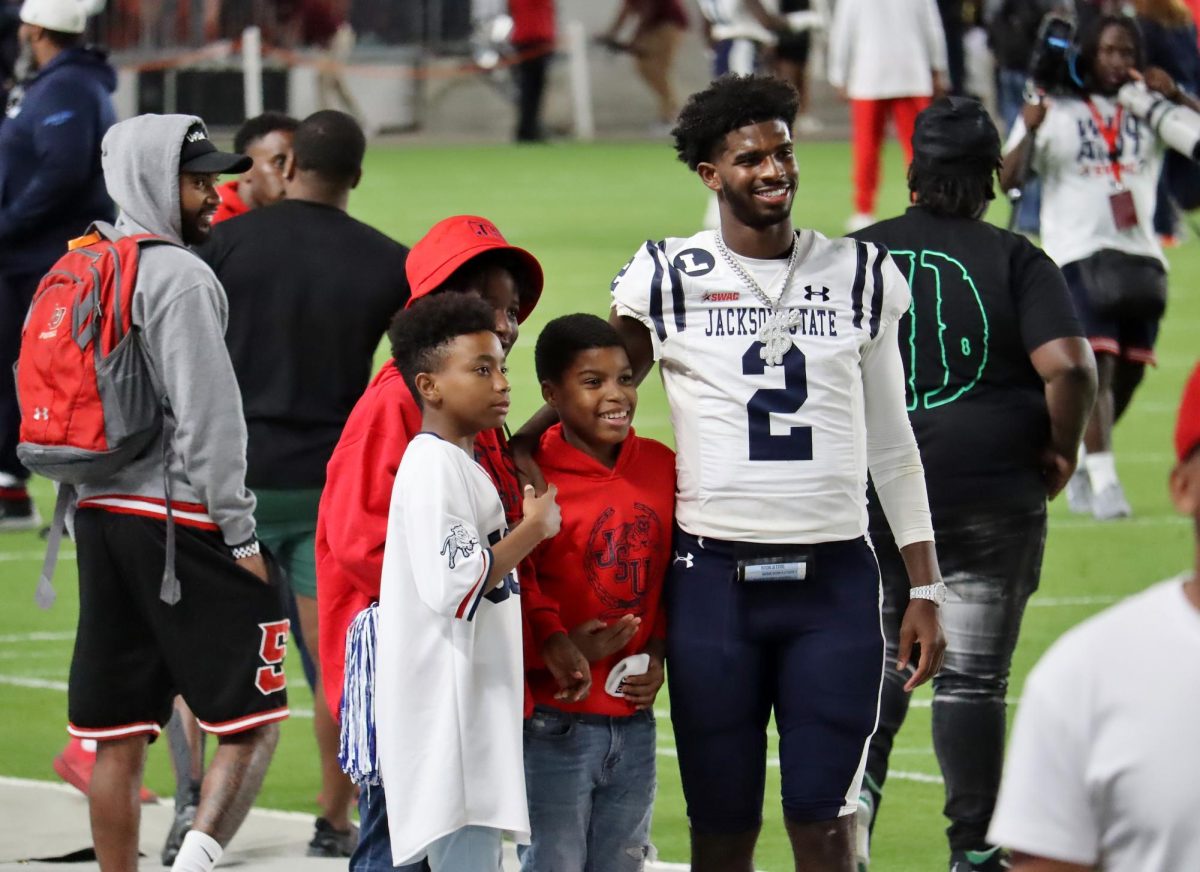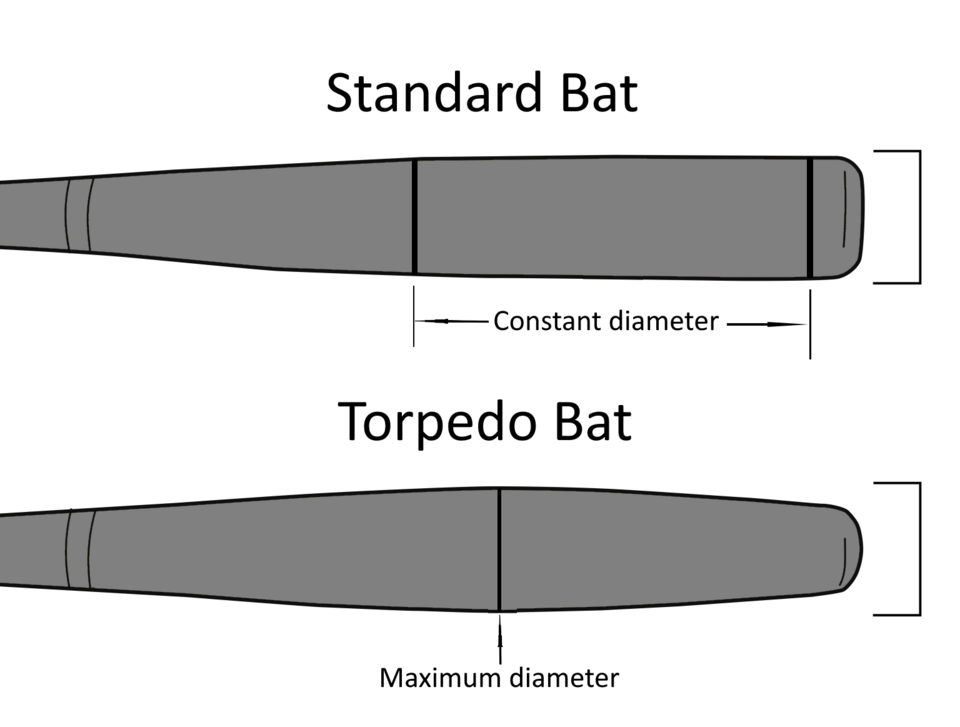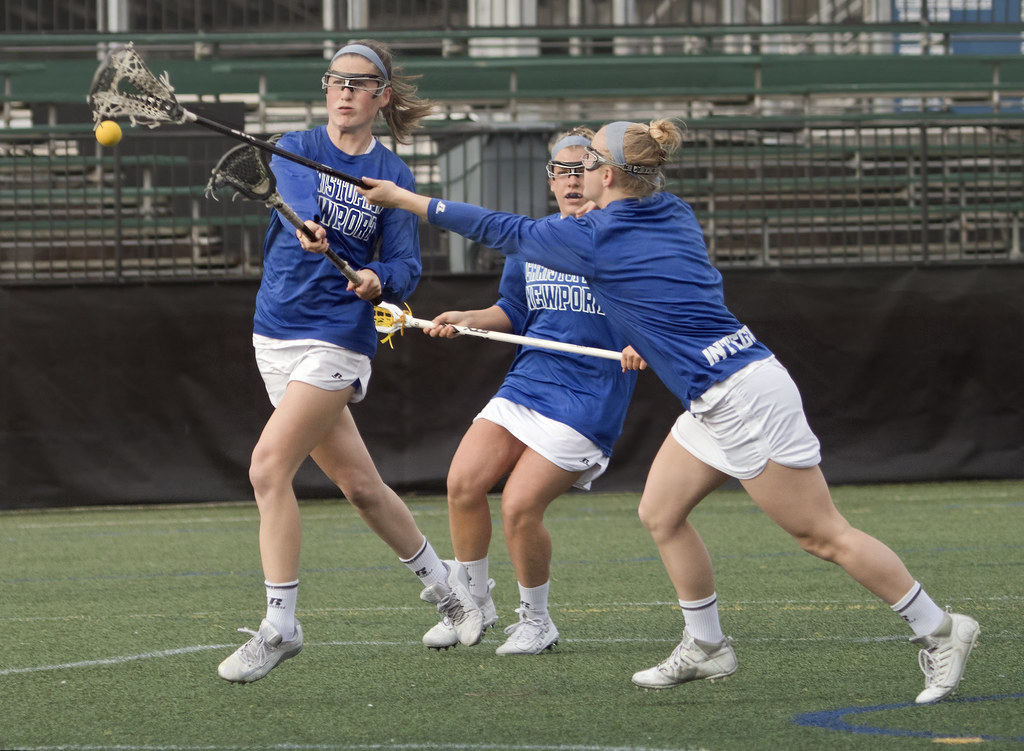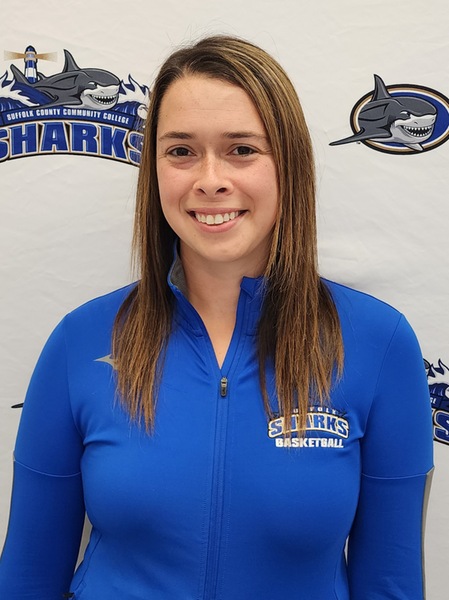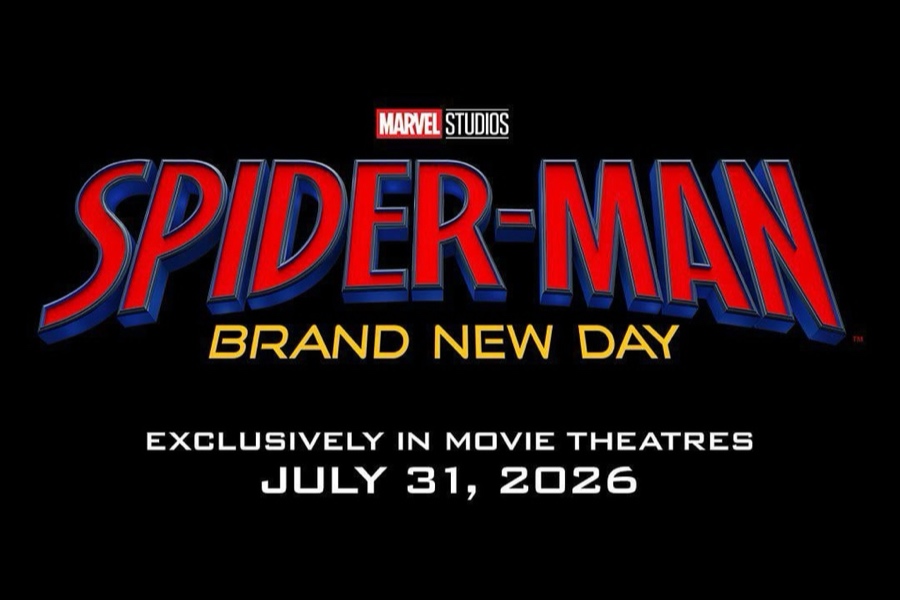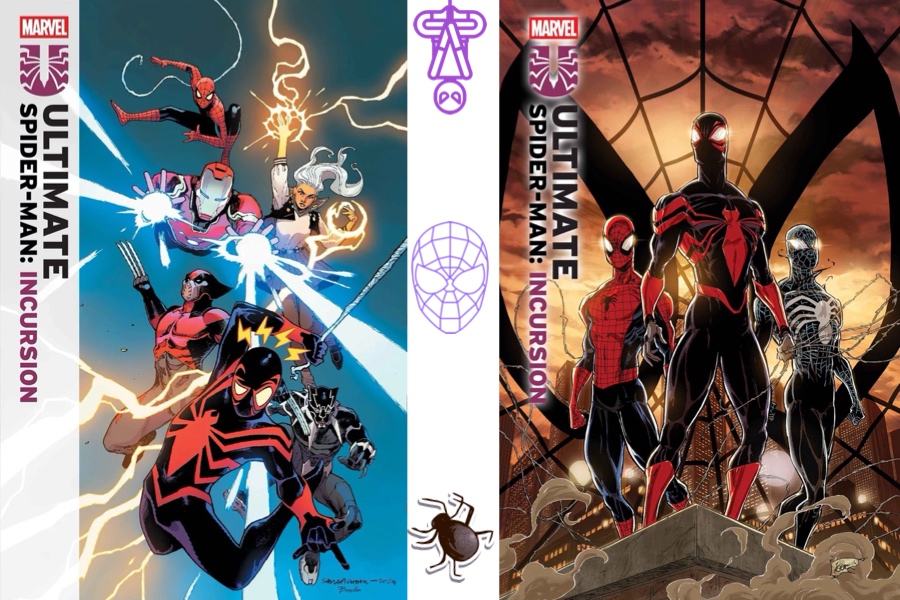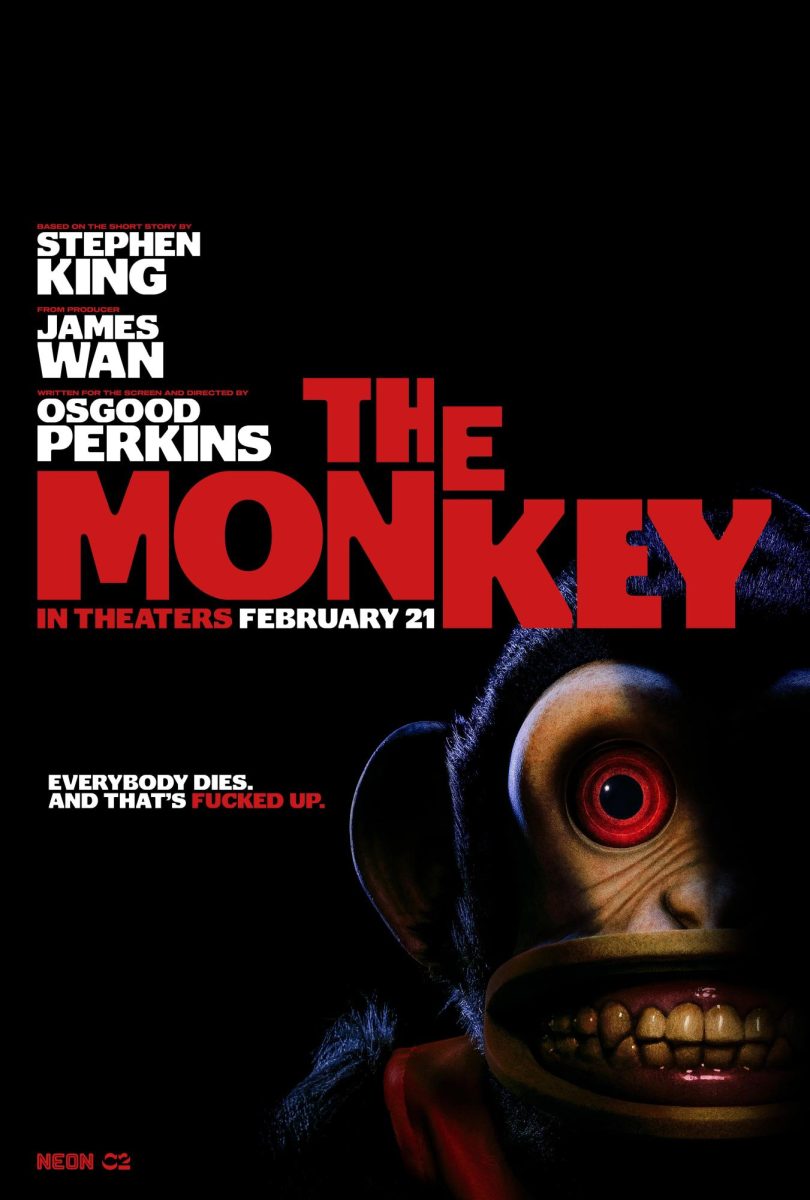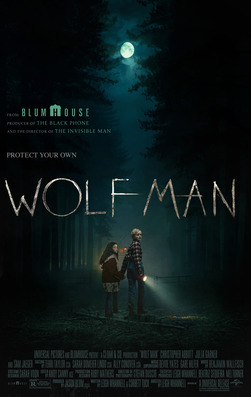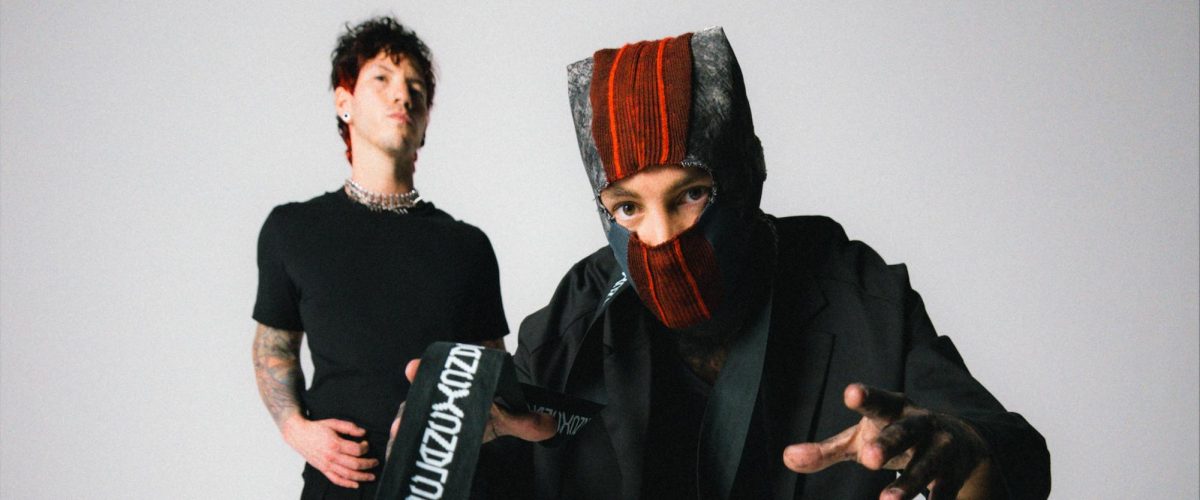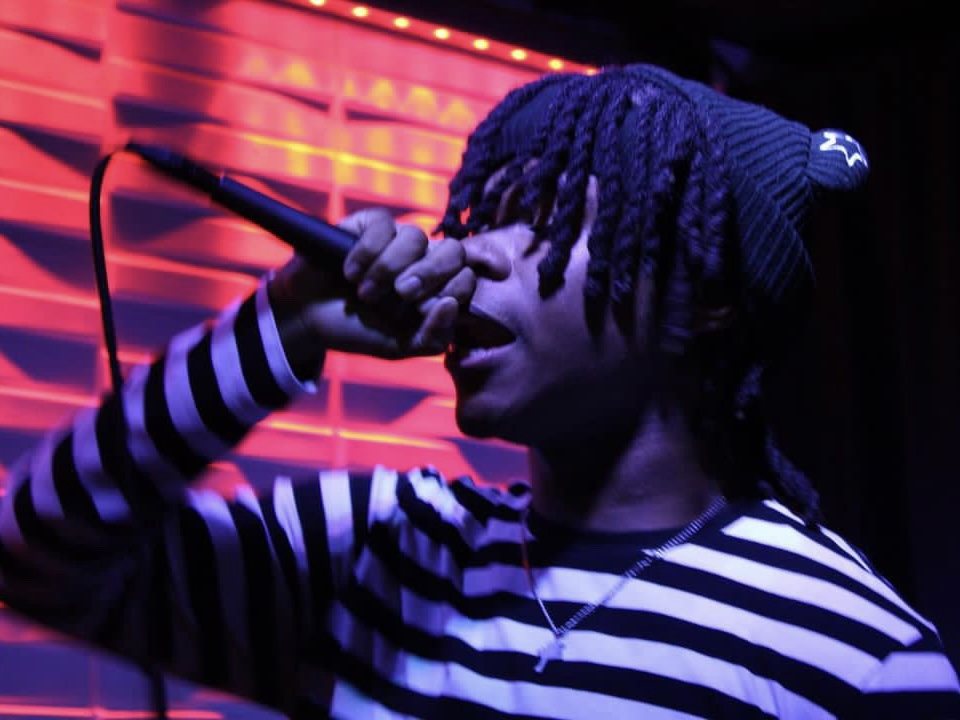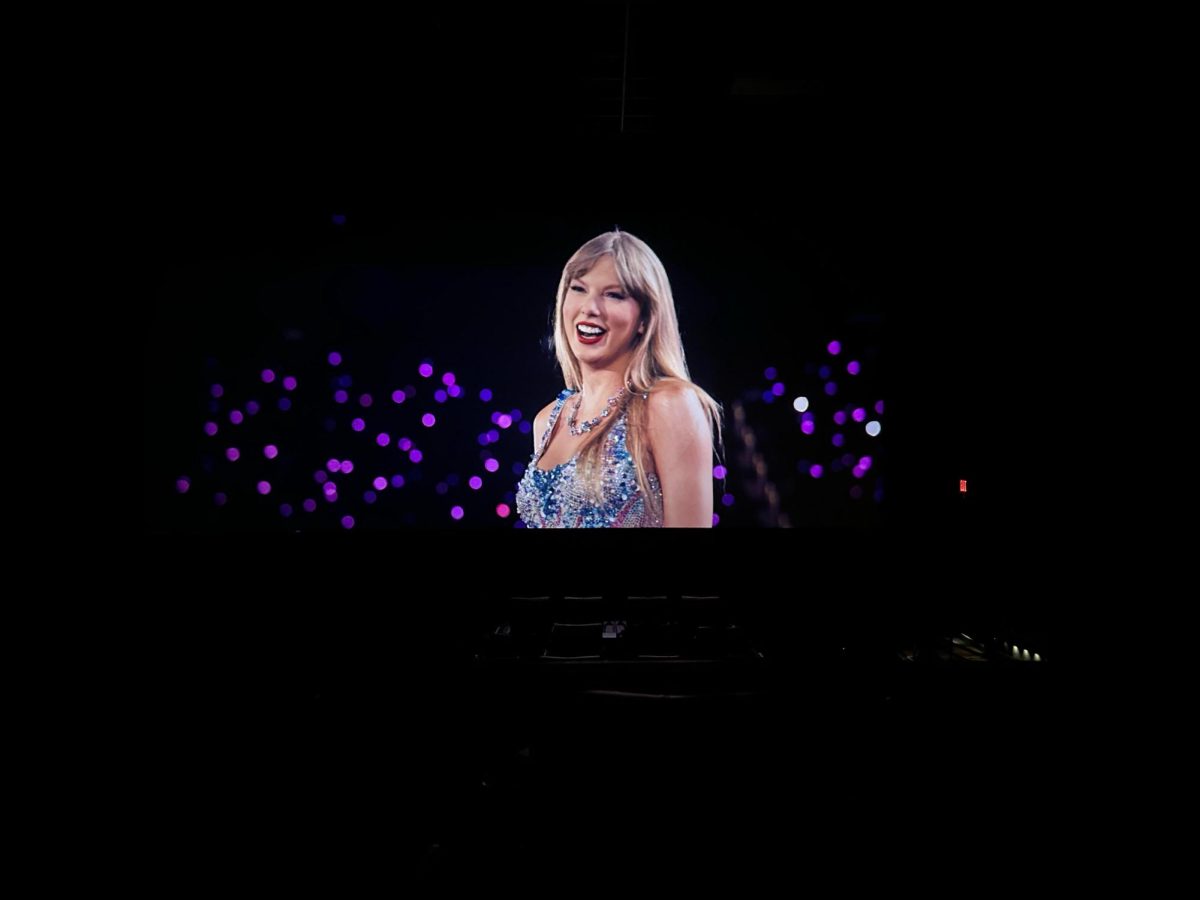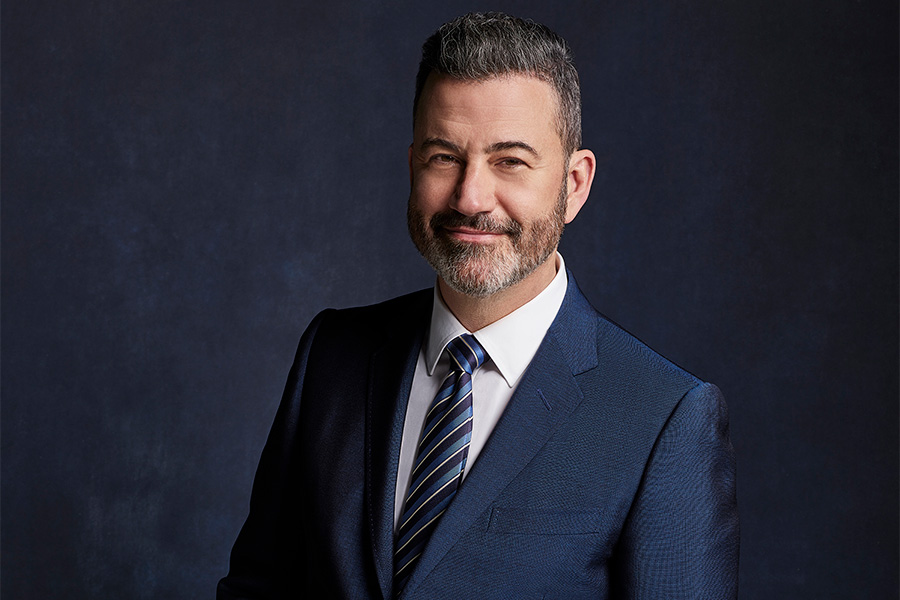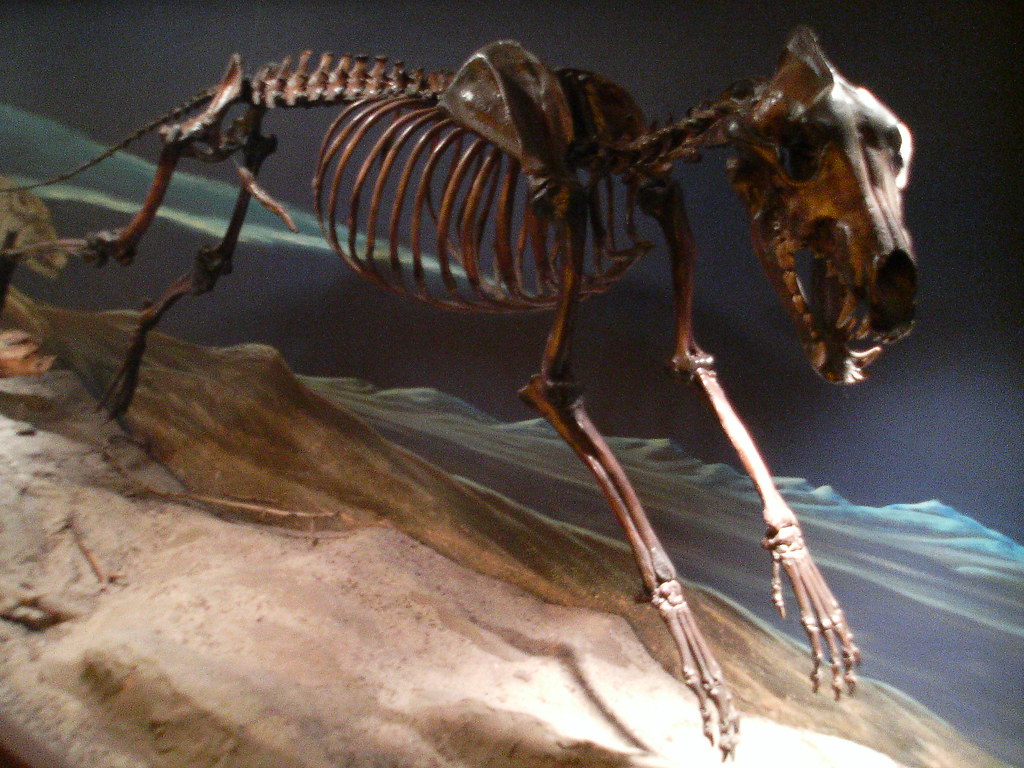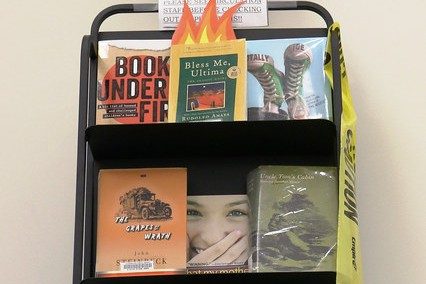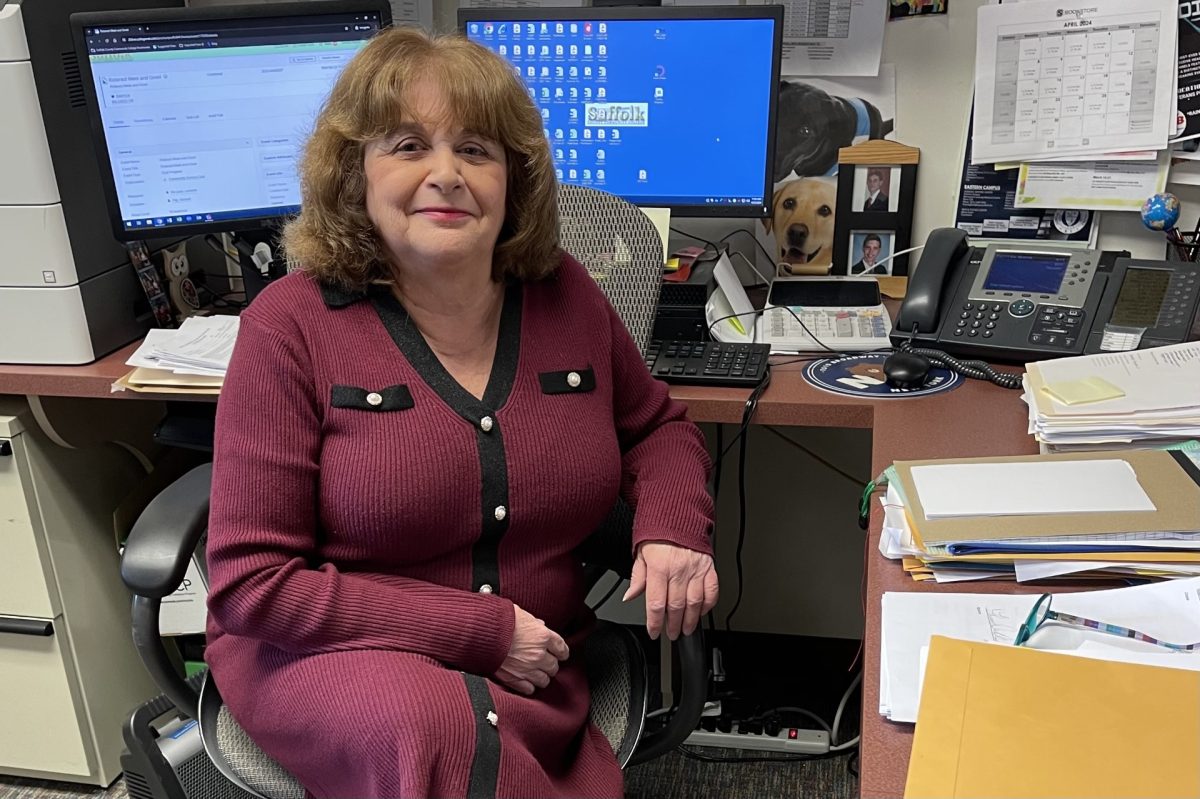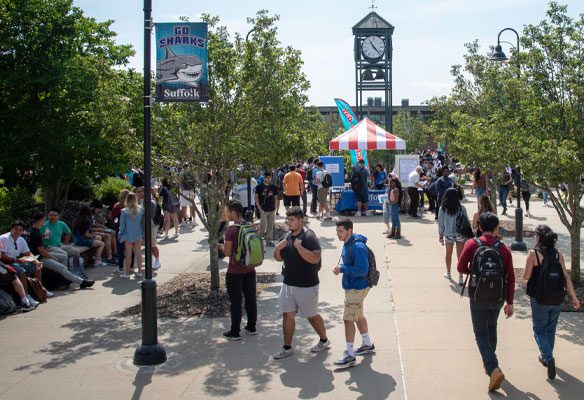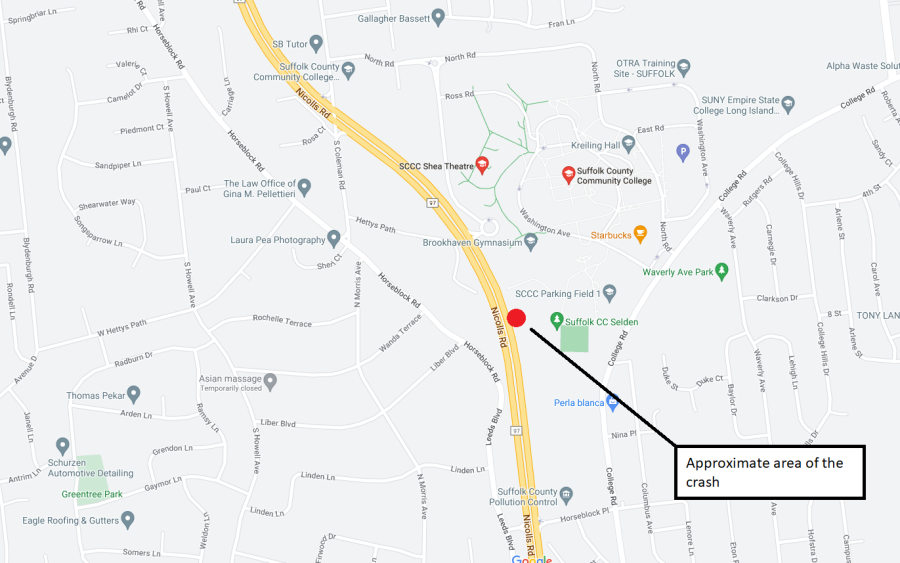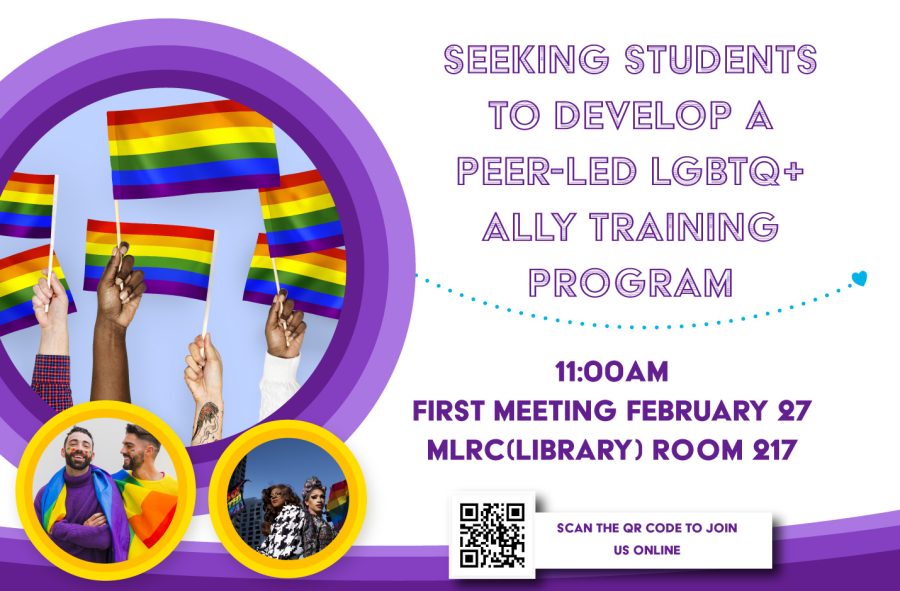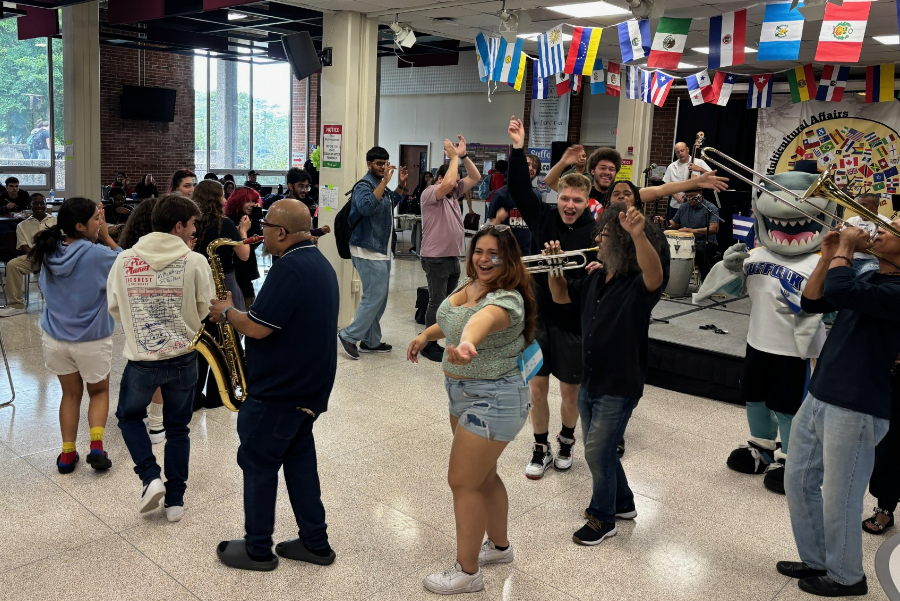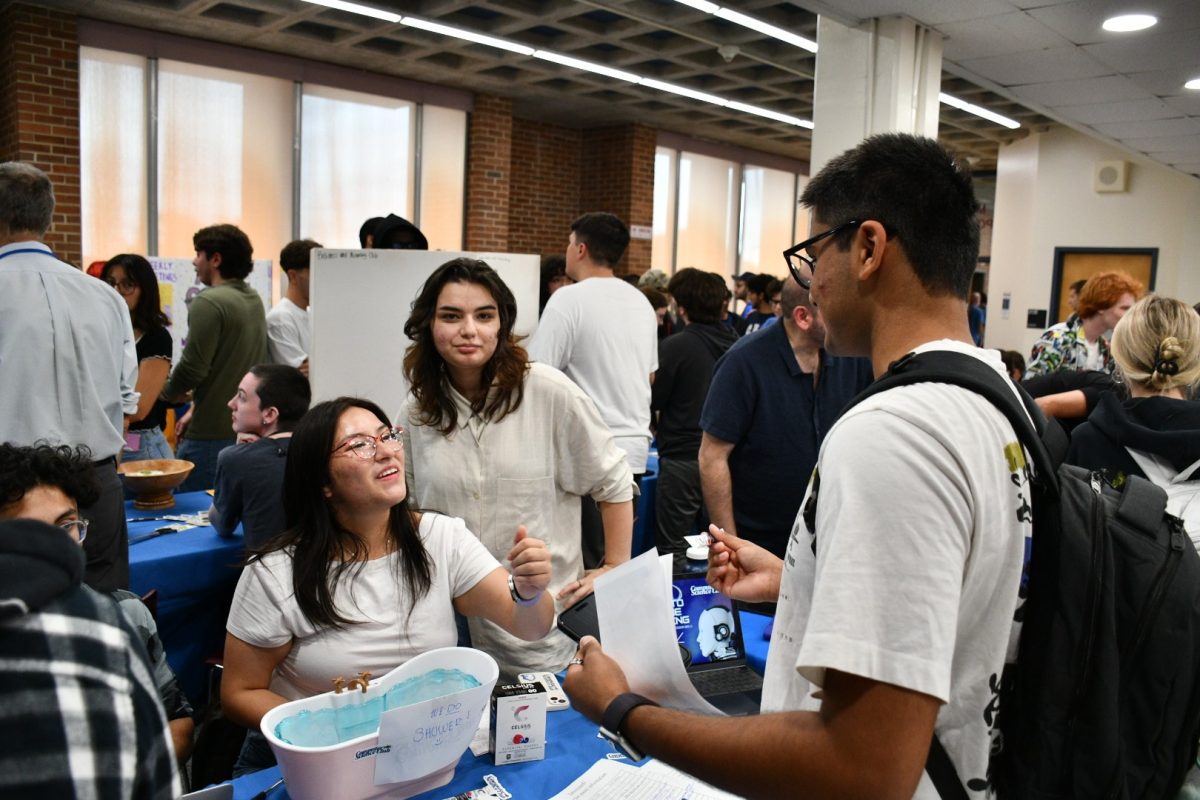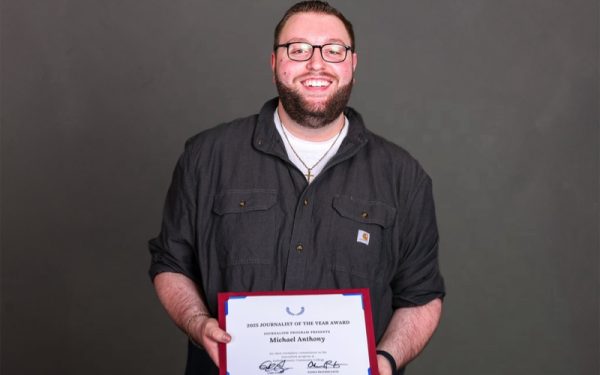The news of Pope Francis’ passing sent ripples across the globe and for many students at Suffolk County Community College, it stirred a mix of surprise, reflection, and hope for the future of the Roman Catholic Church.
“I was surprised,” said Luke Wilson, a 22-year-old liberal arts major. “I thought he was recovering. That’s what I saw on the news when I was at work on Saturday.”
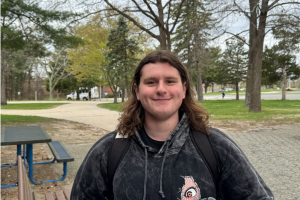
Though he does not attend church services often, Wilson said he recognized Pope Francis as a progressive leader. “He was a decent pope. He stood for a lot of progressive ideals, especially for the church,” he said. “He was more accepting. Not as conservative. I think the church needs more of that.”
Christopher Kelly, a 25-year-old world languages major who described himself as a “reformed Catholic” who is no longer deeply spiritual, said, “I’m not overly religious, but it was sad because he was genuinely a good person. He was an excellent voice in the modern age for an ancient institution.”
Kelly said he admired Francis for tackling topics not often addressed by the church, such as nuclear disarmament, artificial intelligence, even LGBTQ+ rights.
“He gave blessings to same-sex couples, called for regulations on AI,” Kelly said. “I think he had a profound impact on Catholicism in the modern day.”
For Antonio Maola, a 21-year-old criminal justice major who was raised in a Catholic household, the pope’s death was especially sobering coming just one day after Easter.
“It was pretty sad,” Maola said. “It was an eye-opener, especially knowing who he was and what he stood for.”
Maola sees Francis as someone who made the church more accessible, more inclusive—particularly for people who have historically felt unwelcome. “He wasn’t like a ground-breaking pope,” Maola said, “but he was definitely influential in this day and age. More open to things like gay marriage and just more inclusive overall.”
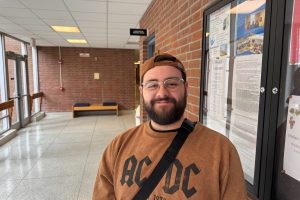
As Catholics around the world mourn, many students expressed hope that the church will continue along the path Pope Francis laid out. “I hope they find somebody who mirrors his enthusiasm about the rights of those who are marginalized,” Kelly said. “He was a Vatican outsider—he had real-world experience. That kind of leadership matters.”
For students like Wilson, Pope Francis’ legacy may be defined not just by what he did, but how he made people feel about a church in need of renewal.
“He spread ideas of actually accepting people,” Wilson said. “Not shunning them for things that aren’t usually accepted by the church. That made a difference.”
